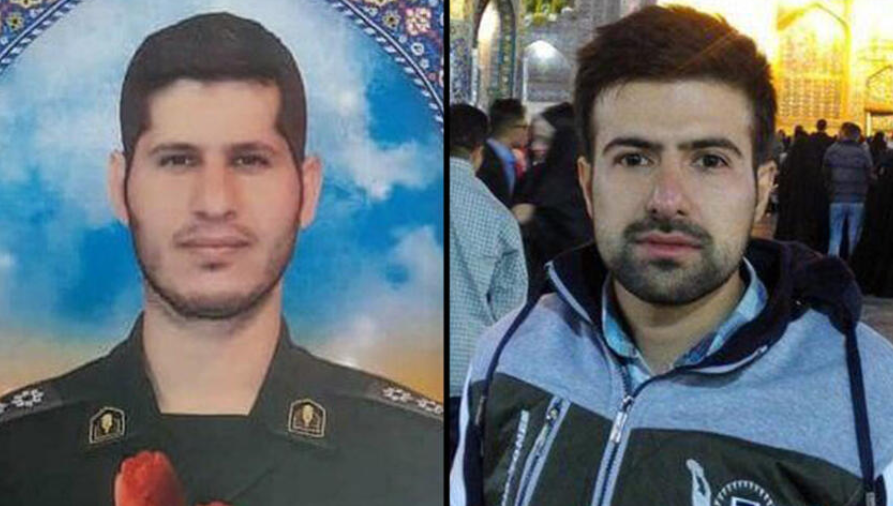
Over the past decade, Iraq has been Iran’s most significant regional ally. Analysts believe that Major-General Qasem Soleimani — the commander of the Islamic Revolutionary Guard Corps (IRGC) Quds Force who was assassinated by the US on 3 January 2020 — played an important role in consolidating Iran’s position in Iraq.
There are now suggestions that Tehran is losing influence over the so-called Popular Mobilisation Forces (PMF) — the umbrella organisation composed of some 40 predominantly Shi’a militias — in Iraq.
The situation is complex, however, and it is certainly a mistake to believe that Iran is on the back foot because of the US strategy of maximum pressure. It is probably more accurate to describe Iran as readjusting to new realities. The PMF was created in 2014 to defeat the so-called Islamic State (IS) and prevent it from entering Iranian territory. As the threat from IS has diminished, so has the strategic significance of the PMF, and Tehran seems to be broadening its network within Iraq.

Iraq is also losing some of its significance as the largest market for Iran’s non-oil exports, because Baghdad faces major financial difficulties and cannot even pay this month’s salaries let alone imports from Iran. Tehran’s calculation seems to be that it is better not to be too heavily involved inside Iraq, where it could again become a target of internal unrest. The third factor in the strategic picture is that the US has communicated its intention to leave Iraq.
It is an uncertain situation, and Iran wishes to reduce its vulnerability in the region. Some strategists also argue that stepping back from Iraq in a limited way would open space for Saudi Arabia and the UAE to support Iraq financially, which would also benefit Iran by strengthening regional stability.
The question of Iranian influence in Iraq is complex. Its involvement runs through a wide variety of political, religious, trade, and security channels, and its policies depend on decisions made in various Iranian councils, especially the Supreme National Security Council.
This excerpt is taken from Iran Strategic Focus, our monthly intelligence report on Iran. Click here to receive a free sample copy.



